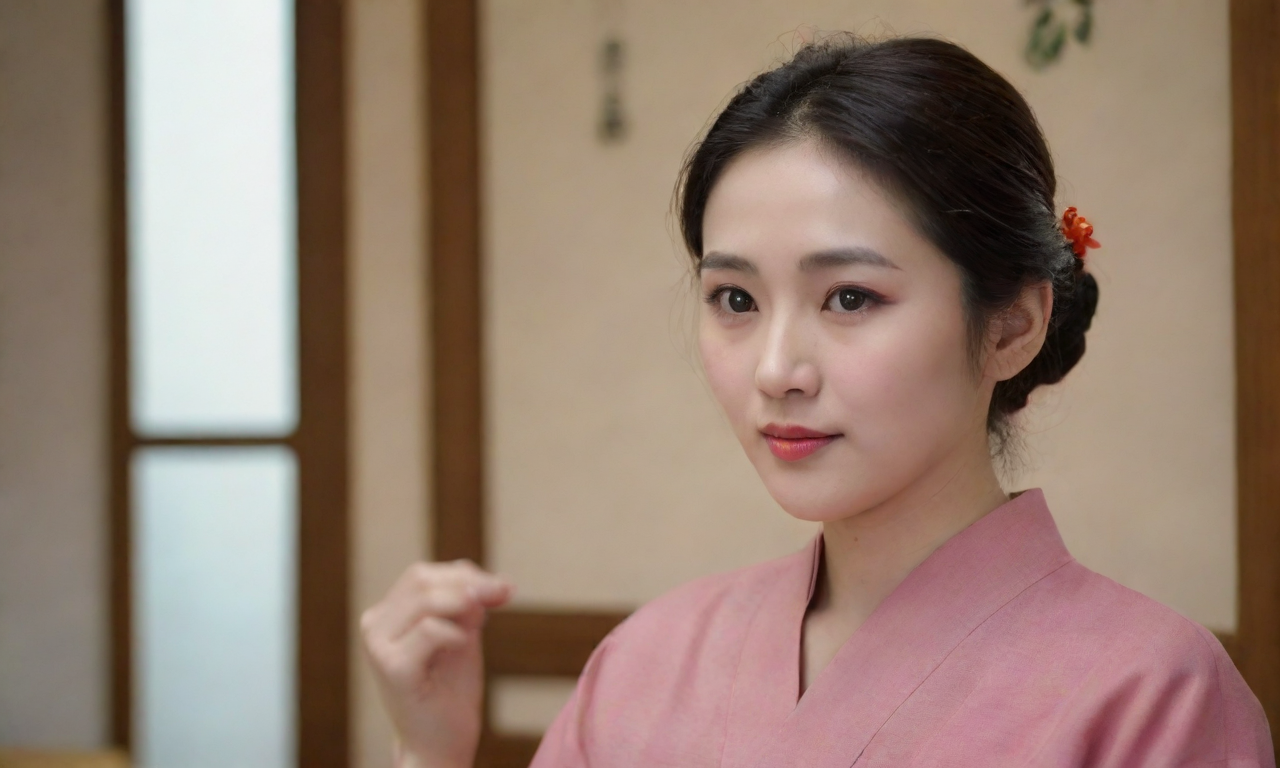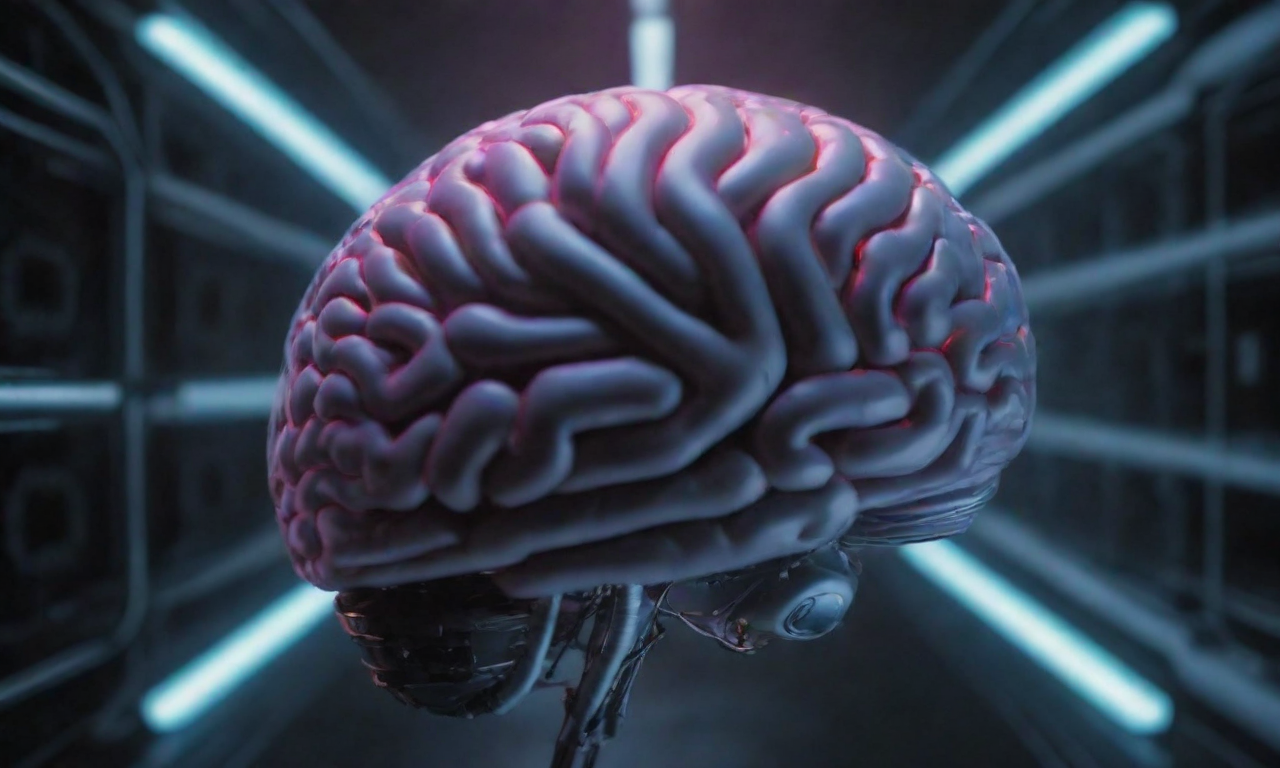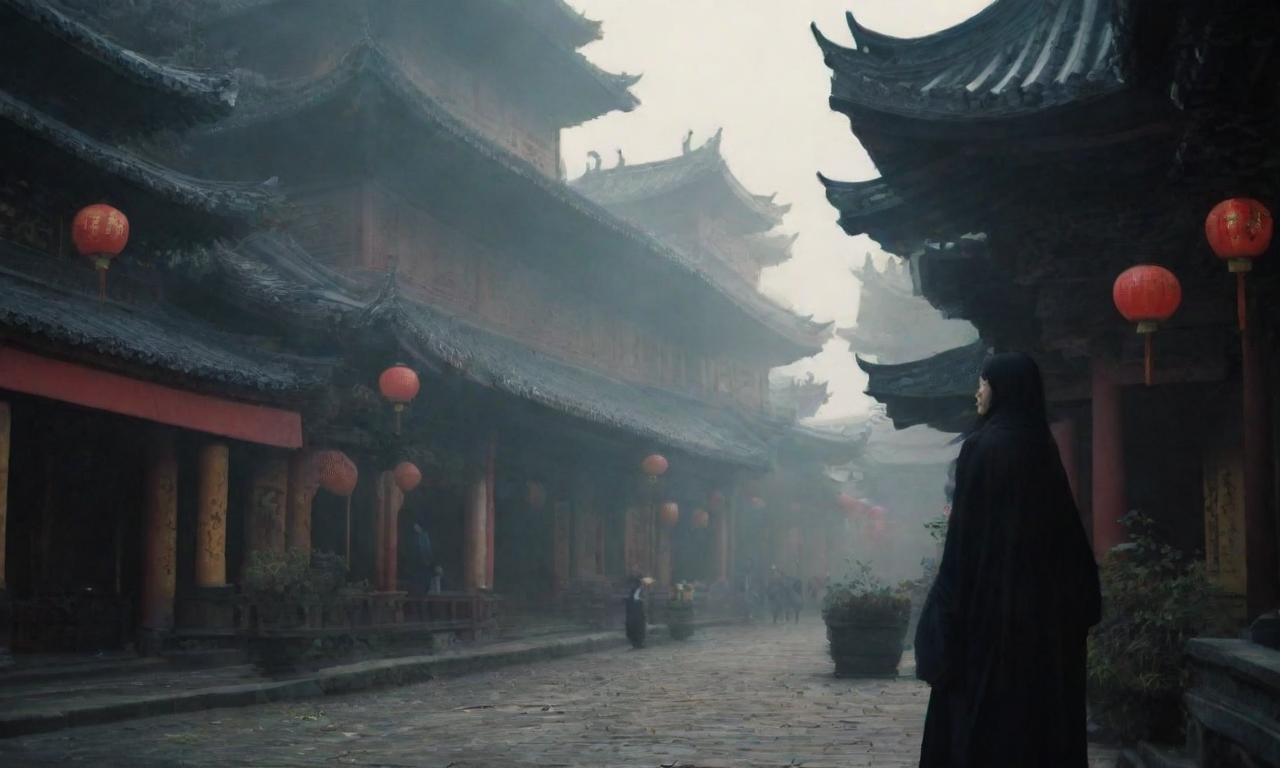By Chen Bin, Reporter from China Science Daily
Image Provided By Xiao RuipingOn January 16th, Xiao Ruiping, Dean of the Future Technology Institute at Peking University, was exceptionally busy.In the morning, the first "Enlightenment Classroom" public lecture for the Global Leading Talent Project of the Future Technology Institute at Peking University officially started, and Xiao Ruiping needed to be fully involved. The afternoon was all "interview time," and she needed to personally communicate with each applicant for the leadership project. When the interview was over and she sat across from a reporter from China Science Daily, it was already dusk.Although tired, Xiao Ruiping's words still carried a sense of excitement. After all, as the initiator of the leadership project, it has been her long-standing dream to cultivate a group of international leaders in the field of medicine using this project. Now, she is one step closer to achieving her dream.Importance of Emphasizing the "Later Stage" of Talent Development
The leadership project was launched at the end of 2023. As a talent development project, it aims to recruit top executives from global life health companies. Regarding the original intent of the project, Xiao Ruiping said in her speech at the launch ceremony of the "Enlightenment Classroom" public lecture:"The project is dedicated to providing a mentor-based international talent development program for key decision-makers in the future life health field, creating a high-quality life health ecosystem." she said.Since the project is called "leadership," it indicates that it is a training program for high-end talents. So, what exactly are "high-end talents" or even "leaders"?"In my opinion, so-called 'leaders' must be 'leaders,' these kinds of talents do not need to be numerous, but they need to be able to change the industry, change the culture, and even change an era." Xiao Ruiping told China Science Daily, these talents must first have a sense of mission and consider the national welfare. However, having a sense of mission alone is not enough; they also need to have the abilities. In addition, the careers they engage in must focus on national needs.""Having a sense of mission, having the abilities, and the country having the demand, if these three parts align well, their life goals will be magnified and ultimately become true high-end talents." Xiao Ruiping said.As one of the top universities in China, Peking University naturally attracts top students in China, but the leadership project does not focus on them. Instead, it targets high-level managers in the pharmaceutical field, most of whom are already considered "elite talents".In response to this, Xiao Ruiping has her own interpretation."Talent cultivation is like a 'chain,' and the mission of different stages is not the same." In her opinion, even Peking University students, both undergraduate and graduate students, belong to the "foundation-building" stage. "When they just enter the university, their dreams exceed their abilities and they have not yet realized what they truly need. At this stage, what universities most need to do is to help them establish their ambitions, help them build a solid foundation and develop their fundamental skills, so that they can have a strong foundation and a correct outlook on life. As for the professional training required to become high-end leaders, that requires pursuing a doctoral degree."After the academic training during the doctoral period, students often have acquired "core skills". With practical experience in research institutions or enterprises, their expertise in scientific research and the industrial sector becomes increasingly refined. At this point, what they need most is to expand and enhance their strategic vision and strategic thinking, which is exactly what the leadership project hopes to achieve."In this chain, universities often focus more on cultivating students during their time at school, and they do not place a great emphasis on the cultivation of high-level talents in the later stages," Xiao Ruiping said.
Lack of Cultivating Perseverance in Character Development
According to the "Admissions Guide," the courses in the leadership project are divided into 12 modules. The first module is "Understanding the Global Historical Context and Grasping the Pulse of the Times."In the leadership project, it is not uncommon for courses aimed at broadening students' global and historical perspectives. For example, the summarized characteristics of the courses explicitly state that they are based on "global wisdom" and "breaking through the confusion of the vast ocean". During the interviews with applicants, terms such as "global perspective" and "integrating Eastern and Western cultures" frequently appear in the conversations.In response to this, Xiao Ruiping frankly stated that being "world-class" does not mean comparing oneself to others, but rather competing with the global industry leaders in the relevant field. "First and foremost, you need to know where the international standards are set, and then you can talk about catching up with or even surpassing them in the future."In fact, even for ordinary undergraduate or graduate students, Xiao Ruiping attaches great importance to cultivating their non-scientific research abilities. Among them, the cultivation and influence of humanistic spirit is something she highly values.As one of the 12 Future Technology Institutes established in China, the Peking University Future Technology Institute has taken the development of future life health and disease prevention technology, as well as talent cultivation, as its main focus since its establishment. In this process, Xiao Ruiping, as Dean of the Institute, has repeatedly emphasized the importance of integrating medicine and humanities.








